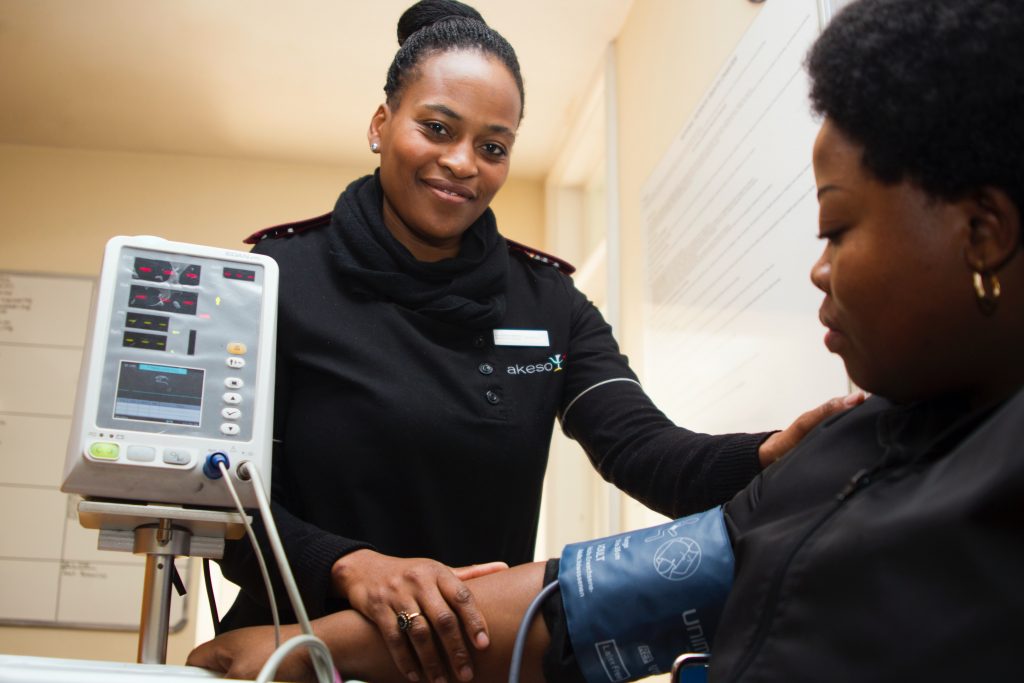This post contains affiliate links. Click here to read my affiliate policy.
Last Updated on September 29, 2022
If you are at a risk to have diabetes, it is important to be aware of the early warning signs and symptoms. This will help you catch the disease in its early stages and get treatment.
In this blog post, we will discuss the most common signs and symptoms of diabetes. Keep reading to learn more!

1. Increased thirst
One of the most common early warning symptoms of high blood sugar is increased thirst. If you find yourself drinking more water than usual, it could be a sign that your body is trying to compensate for high blood sugar levels.
At first, drinking more water may not seem like a big deal, but if you find yourself constantly thirsty and drinking more water than usual, it is important to contact your doctor.
Increased thirst is common both for Type I and Type II diabetes. So if you feel thirsty in your middle ages you might have Type II diabetes as it is more common in people older than 40.
2. Increased urination
Another common symptom of high blood sugar levels is increased urination. Usually, your urine doesn’t contain sugar or contains so little.
When you have diabetes, the sugar level in your urine increases. When your body tries to get rid of excess sugar in the bloodstream, you will find yourself needing to go to the bathroom more often.
If you are urinating more frequently than normal, it is important to contact your doctor. This is especially true if you are also experiencing increased thirst or fatigue.
3. Fatigue
Fatigue is another common symptom of diabetes. If you find yourself feeling tired all the time, even after a good night’s sleep, it could be a sign that something is wrong.
The global prevalence of diabetes was 425 million in 2017 and fatigue was considered a more frequently-met symptom.
High blood sugar levels can cause fatigue because your body isn’t able to use the sugar properly. When you have diabetes, your body has difficulty converting sugar into energy, which can leave you feeling tired and run down.
If you are experiencing fatigue, it is important to contact your doctor.
4. Blurry vision
Another common symptom of diabetes is blurry vision.
It happens because when blood sugar levels are high, the body starts to pull water from tissues. This includes the lenses in your eyes. When they lose water, they swell and change shape, which causes blurry vision.
If you are experiencing blurry vision, it is important to contact your doctor. You can also check your blood sugar level with a glucometer at home. But the final diagnosis is done by a doctor when checking C-peptide and fasting insulin levels.
5. Slow-healing cuts and bruises
High blood sugar levels can also cause cuts and bruises to heal more slowly than usual. This is because diabetes can damage the nerves and reduce blood flow to the extremities.
When you have diabetes, your body has difficulty healing wounds. If you have a cut or bruise that seems to be taking longer than usual to heal, it is important to contact your doctor.
6. Skin changes
Diabetes can also cause changes in the skin. People with diabetes may notice that their skin is dry, itchy, or scaly. They may also notice that they are more prone to infections.
If you are experiencing any changes in your skin, it is important to contact your doctor.
7. Weight loss
Weight loss is another common symptom of diabetes. When you have diabetes, your body has difficulty processing sugar and converting it into energy. This can lead to weight loss, even if you are eating the same amount of food as usual.
If your weight loss continuously increases, it is essential to check your blood sugar as soon as possible.
Track your health to prevent diabetes
Diabetes is a serious disease that can cause long-term health problems if it’s not treated. If you think you may be at risk for diabetes, or if you have any of the symptoms we’ve discussed in this post, please see your doctor as soon as possible.
And remember that regular health checks always prevent a huge amount of diseases. So don’t forget to see your doctor every once in a while!
Take care!

